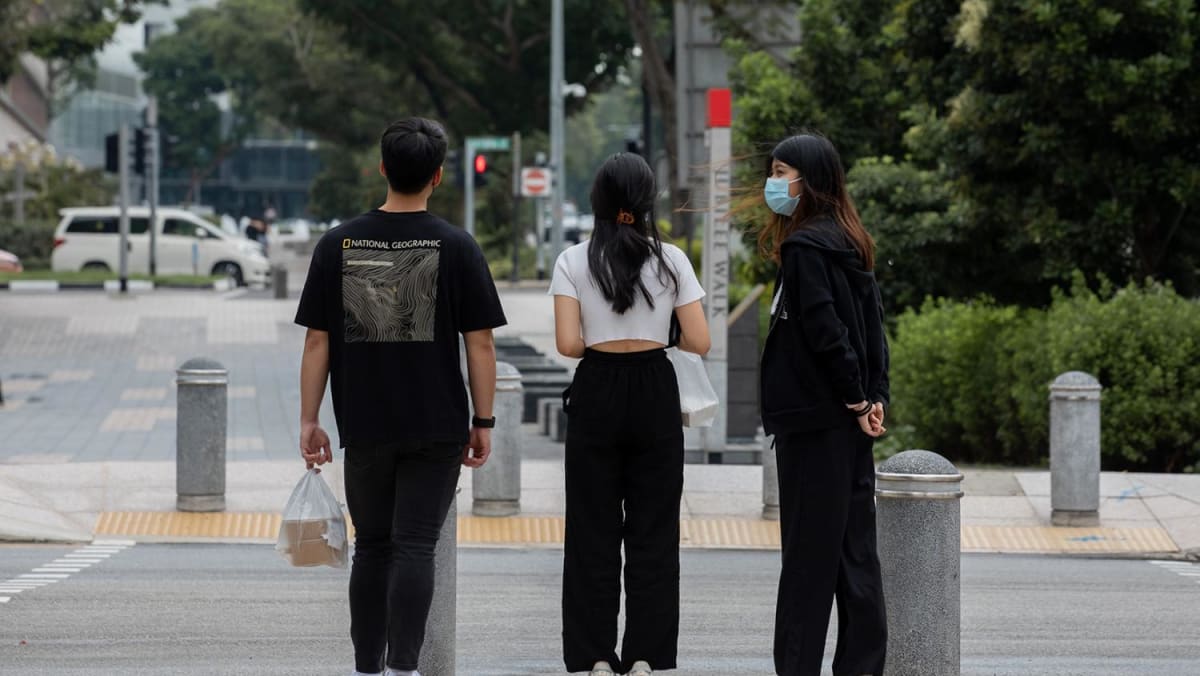
SINGAPORE — Slightly over a quarter of Singapore residents aged 18 to 29 suffered from poor mental health last year, a national survey has found.
This group of youth made up the highest proportion of residents who faced mental health issues compared to other age groups, the Ministry of Health (MOH) said on releasing its findings from the 2022 National Population Health Survey on Wednesday (Sept 27).
The proportion of young people dealing with mental health issues in 2022 — 25.3 per cent — was an increase from the 21.5 per cent in 2020.
In comparison, the prevalence of poor mental health in those aged 30 to 39 was 19.4 per cent last year, a rise from 12.6 per cent in 2020.
For those aged 40 to 49, the proportion was 15.7 per cent, up from 12.4 per cent in 2020.
Overall, 17 per cent of Singapore residents faced mental health issues last year, up from 13.4 per cent in 2020.
However, more people were also willing to seek informal help — such as from friends, relatives or religious leaders — when they were unable to cope with stress, the study found.
MOH’s survey tracked the health and risk factors, as well as lifestyle practices of Singapore residents aged 18 to 74 between July 2021 to June 2022.
As part of the study, about 8,000 residents completed household interviews and around 9,000 attended a health examination.
‘REDUCED STIGMA’
The increase in “help-seeking behaviour” displayed by Singapore residents in response to stress “reflects continued public awareness of mental health, and reduced stigma around mental health conditions”, MOH said on Wednesday.
The study found that more people on the whole were willing to seek help informally from their social circle (79.7 per cent) than from healthcare professionals (56.6 per cent) if they were constantly unable to cope with stress.
Informal support networks include friends, relatives and teachers, while healthcare professionals include counsellors and psychologists.
However, the proportion of residents who were willing to seek informal help decreased with age, the study found.
The 18-to-29 age group was the most willing (88.1 per cent) to seek help informally. Older adults aged 60 to 74 were the least willing, with 68.4 per cent saying they would seek help.
As for seeking help from healthcare professionals, 60.1 per cent of those aged 18 to 29 said that they would do so.
This was even lower (48.1 per cent) among older adults aged 60 to 74.
Those aged 30 to 39 years (62.0 per cent) were the most willing to do so.
Females were also more willing to seek help from healthcare professionals and informal support networks compared to males, the study found.